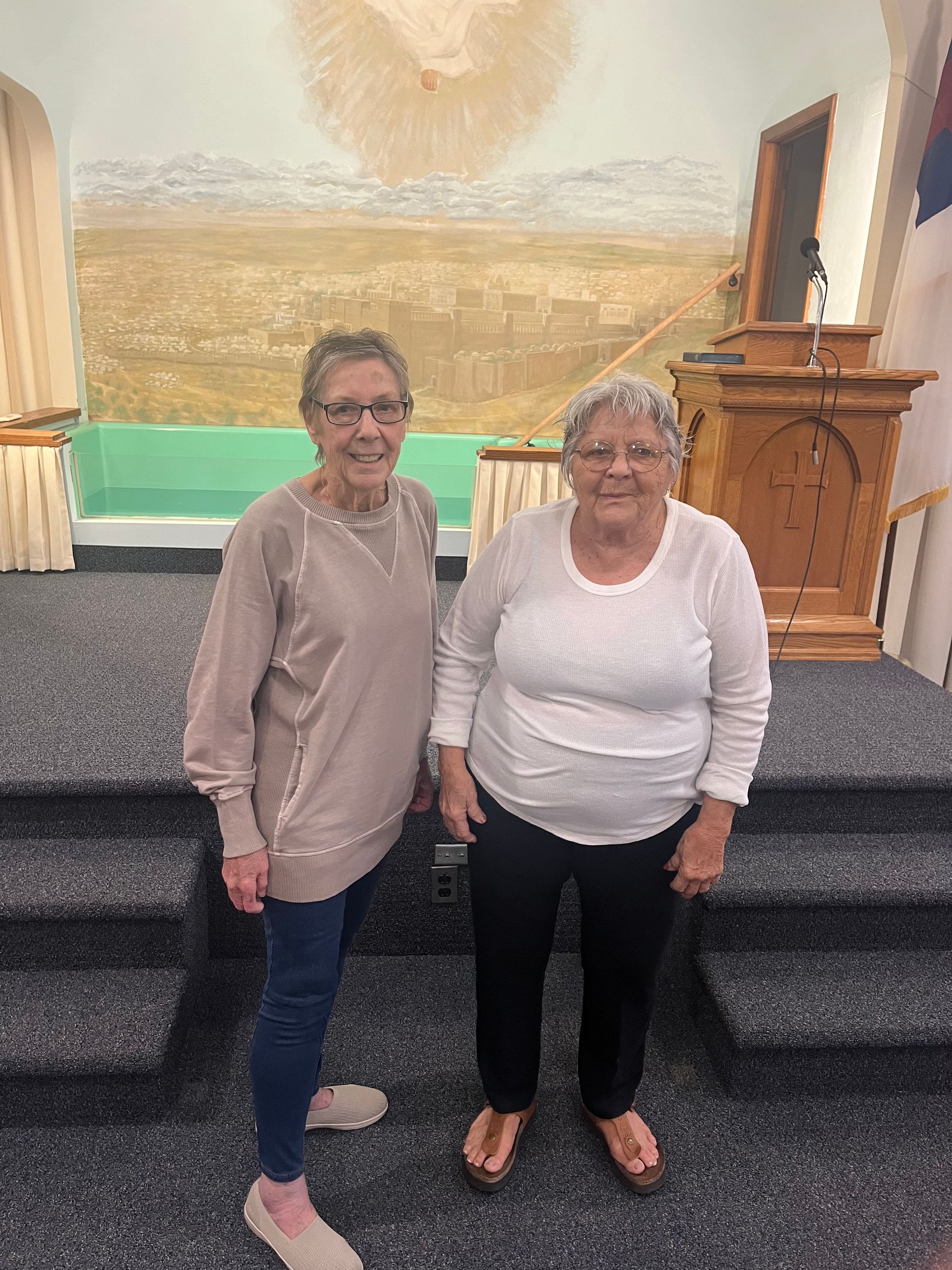New Math and The Heart
Today's post comes from Pastor Luke Dowdy's "Northeast District Youth Leaders Blog". Luke and his wife Amanda serve as student ministry and worship pastors at Berlin Brethren Church in Berlin, PA.
Our son is in second grade and we are really starting to get into the “new math” or Common Core methods. The school has been having Parent Math Nights for each grade to educate parents so they know what is going on in the classroom and how to help their kids. I’m not going to get into the whether common core is good/bad or right/wrong, but I thought the meeting gave a keen glimpse into the condition of the human heart.
During the presentation, a teacher commented, “we are not as concerned about rote memorization as we are about teaching students how math works so they can use several different tools in their toolboxes to come to the right answer.” One of the moms spoke up and said, “my daughter will never understand math this way. I can’t imagine any kid doing math this way. Why can’t we just tell them how to do it the old way and move on?”
The teachers were trying to get at the heart behind the math, and we just want the quickest and easiest way to get the answer right now, without thinking of the long run. Isn’t that how we approach our spiritual lives? Isn’t that the mentality that Jesus flipped on its head? To people that had been following (or trying to follow) the law for centuries, adding their own rules on top of it, Jesus said, “You have heard that our ancestors were told, ‘You must not murder. If you commit murder, you are subject to judgment.’ But I say, if you are even angry with someone, you are subject to judgment!” (Matthew 5:21-22). Teachings like this and others show that Jesus was more concerned about the heart and its overflow than behavior modification.
We think we don’t like behavior modification and rules, but the reality is we like things straightforward. We want to know steps A, B, and C to get the right answer, and we want to know what God wants and what he doesn’t want. Sometimes, that answer is easy. Don’t kick puppies, do read your Bible. But there are a lot of times the answer isn’t so simple or clear. We often find ourselves wondering how far is too far and how close can I get to that line? This is as true in our sexuality as it is in the kinds of movies we watch or what we let become priorities for our time.
"We want to know what God wants and what he doesn’t want. But there are a lot of times the answer isn’t so simple or clear."
It is easier to have a clear list of do’s/don’t’s and we are quick to point to hot topics or behaviors that are in the “danger zone.” We unknowingly carry that same mentality into our student ministries. We hear that drug use is up at the school so we do a “don’t do drugs” lesson. Then we hear kids are getting bullied on Snapchat, so we do a “don’t be a bully on social media” lesson. These are all great things to discuss in a Christian context, but if we focus solely on behavior, we’re going through the low hanging fruit of rule memorization. Over the past few years, we have been trying to move the focus from the fruit to the root.
When we teach students about Jesus, when they see him for who he truly is and love him for what he has done and is doing, their life choices flow from that depth of heart. It is a much harder way, and both we and they fall and make mistakes, but it has been so much more fulfilling. When Jesus transforms a student’s heart and she sees people the way God sees them, she won’t put a degrading comment on social media. When he realizes that God gave him his body for a purpose, he won’t put drugs into it. This is much harder than a list of rules, but the behavior outcome is the same, and we don’t have to run around like crazy trying to figure out what the next danger to teen behavior is. When they have a heart like Jesus, they will think and act like Jesus in whatever comes up.
This probably sounds difficult, and it is. You might also think you need to be relevant and that kids won’t relate to an old-fashioned Bible study, but I encourage you not to underestimate the power of the Word, and also don’t underestimate the capability of your students.
That mom that said she couldn’t imagine any kid doing math the new way? A few students were at the meeting that night and guess what? We did some samples and they were doing the new math. What was hard for us parents to wrap our minds around, these kids were already starting to use.
Whatever your views on Common Core math, I pray that you are able to set aside the way things have always been done and be open to the Spirit’s leading as you live your life and lead students.










